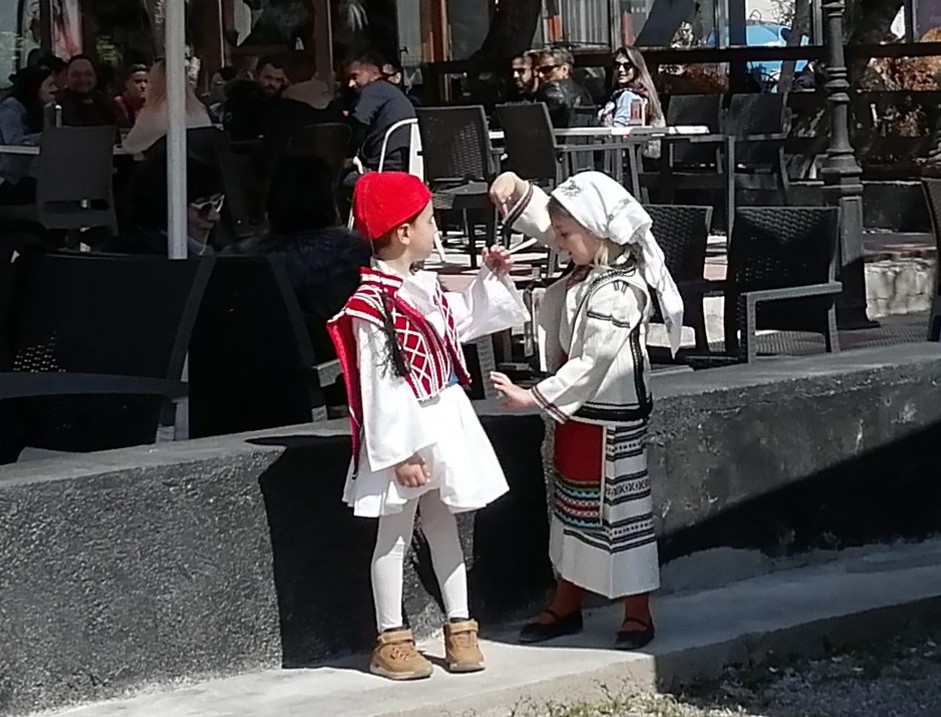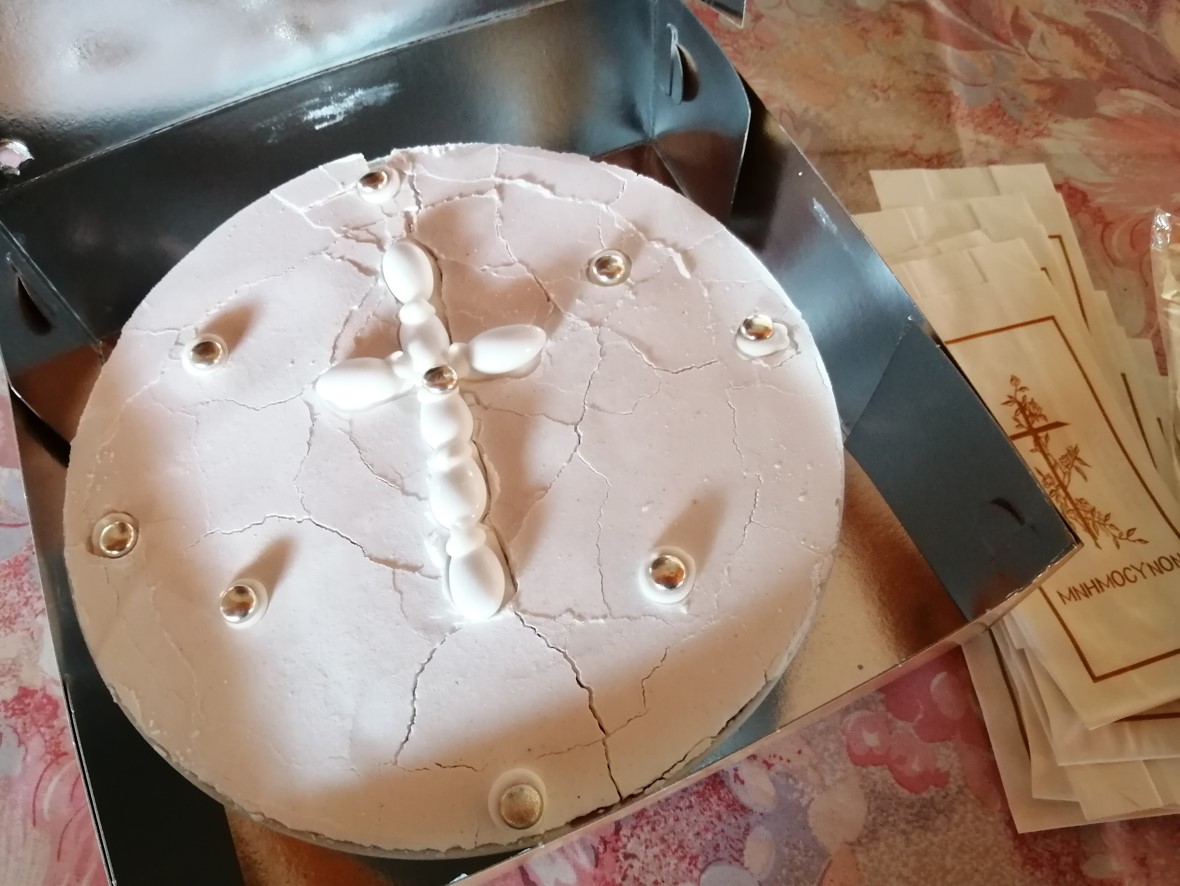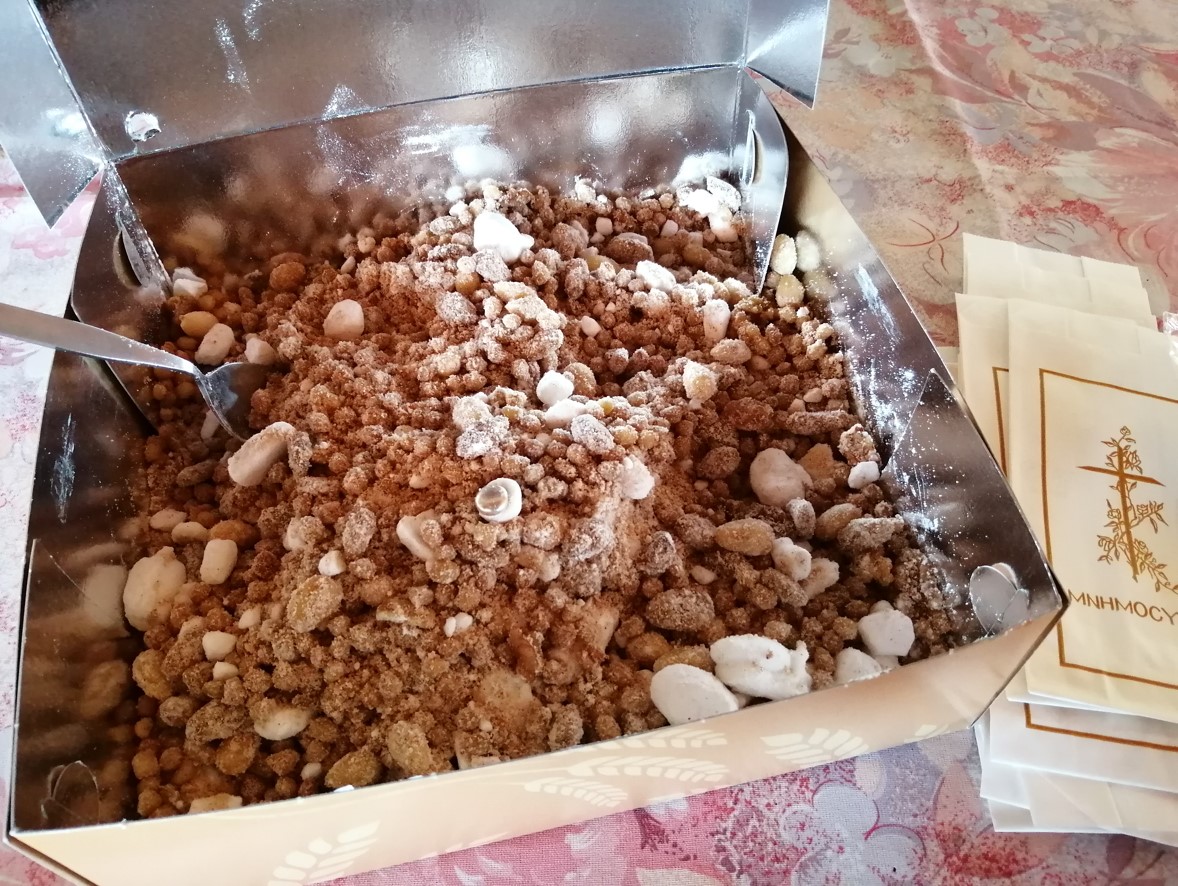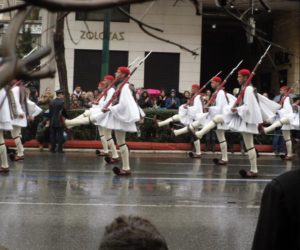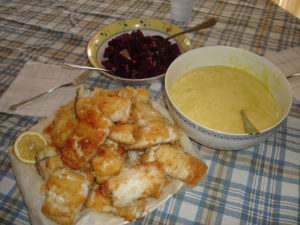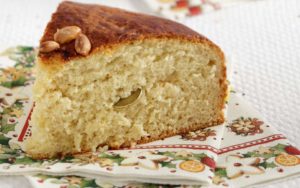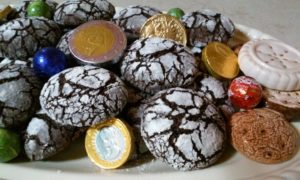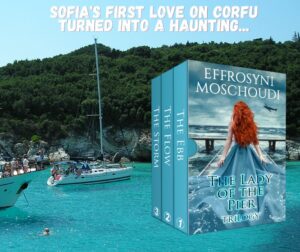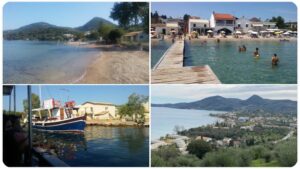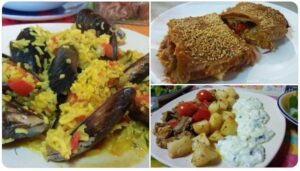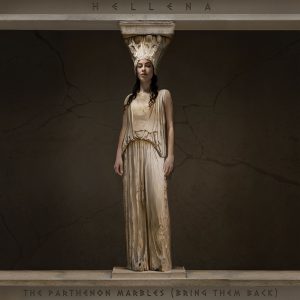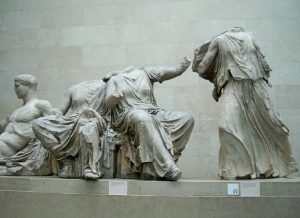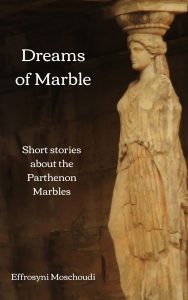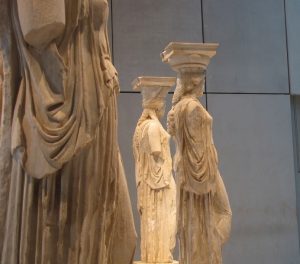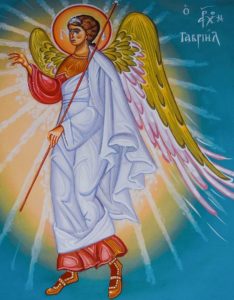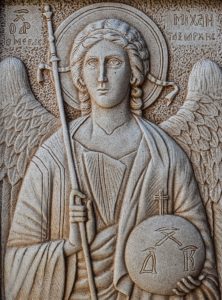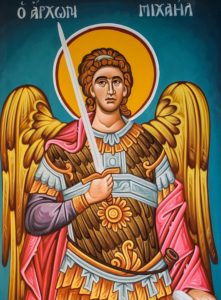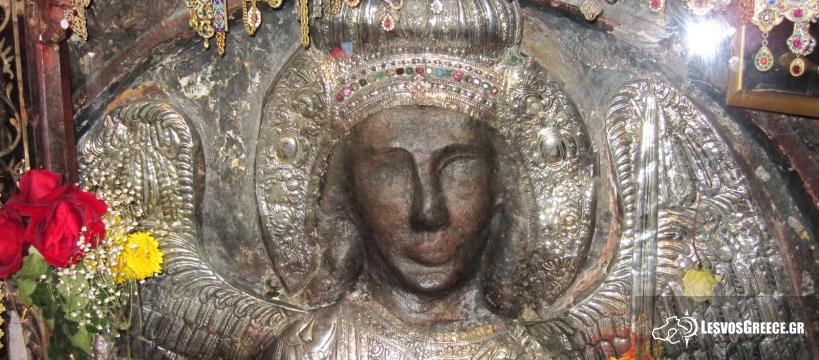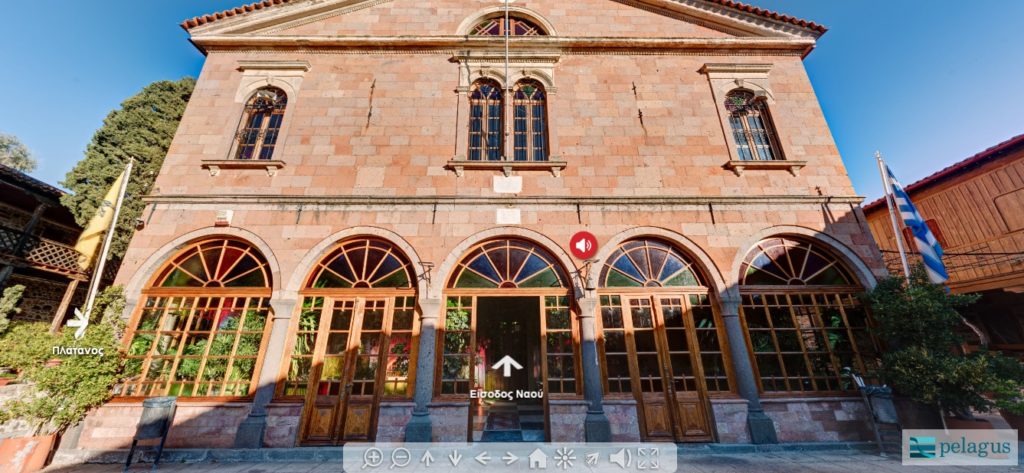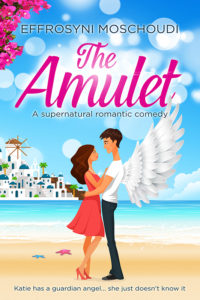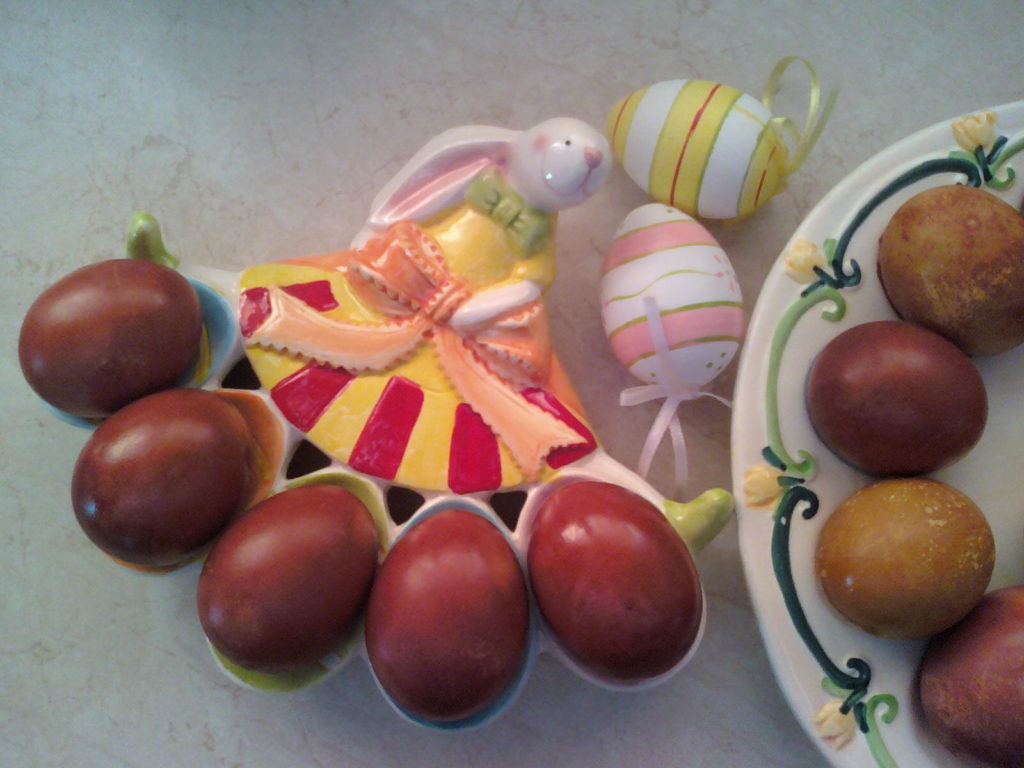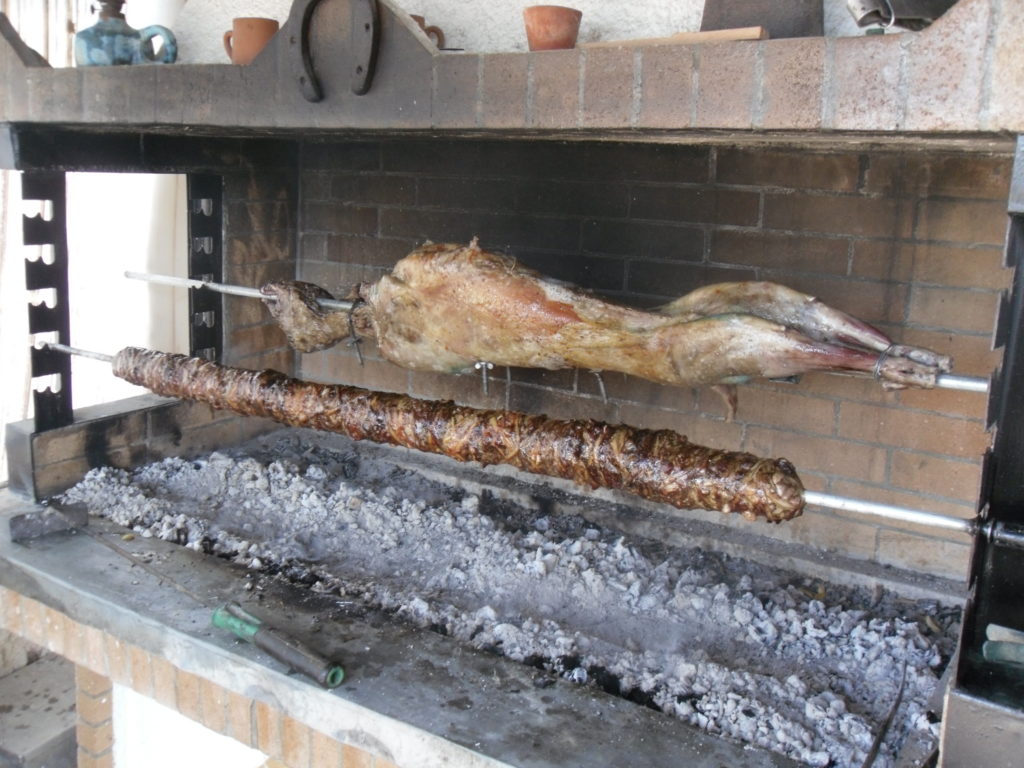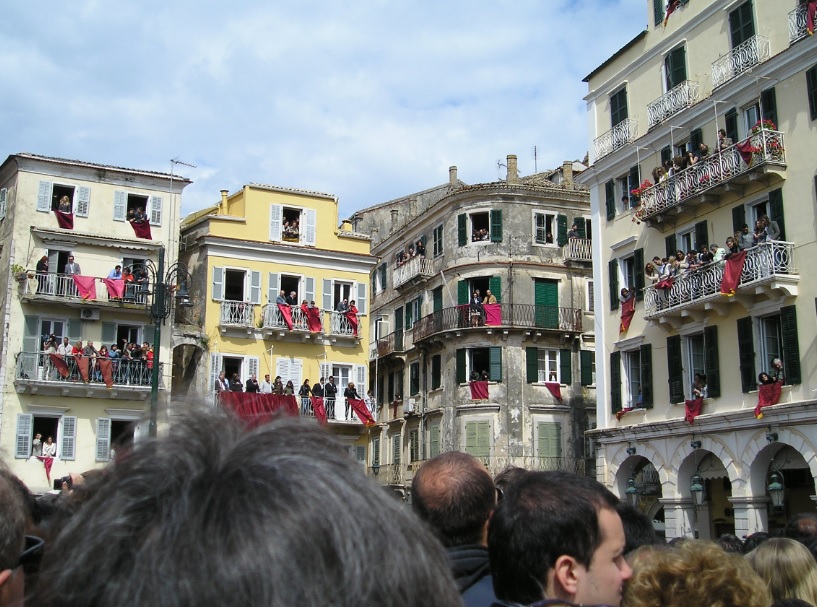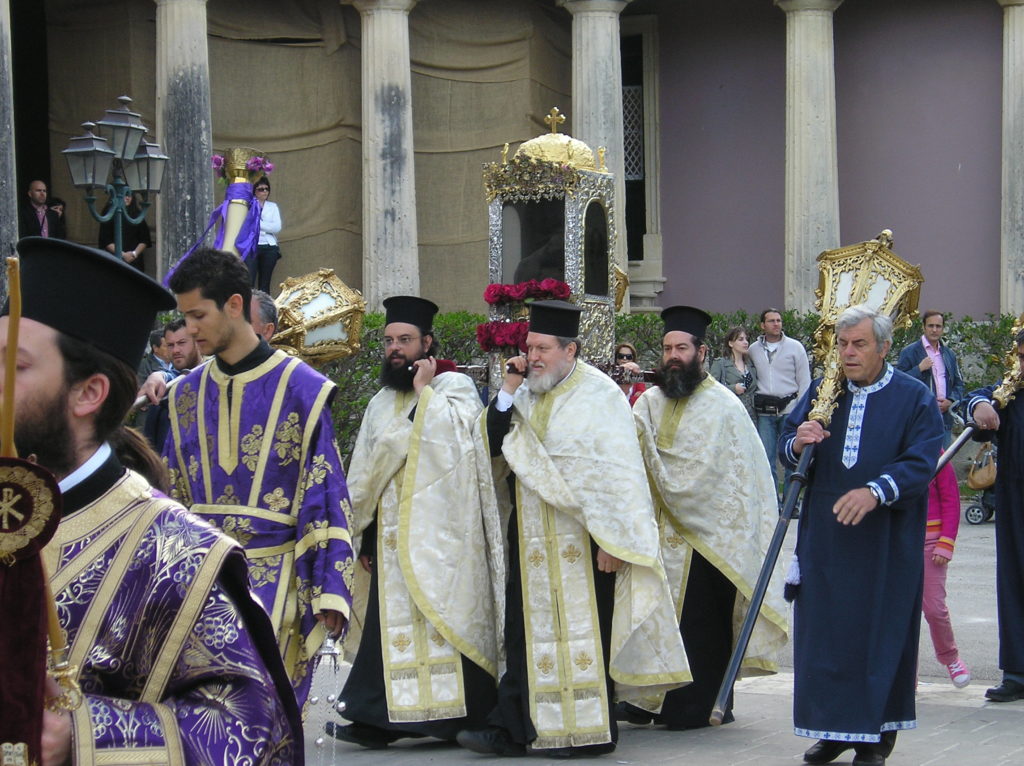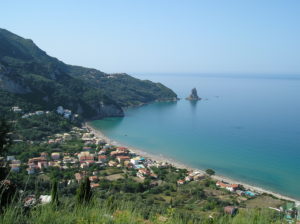
Greek Easter is next week (April 24), but I am aware Easter is this weekend for most of you out there! Have a great time with family and friends and enjoy those chocolate eggs and bunnies 🙂
I will be busy in the kitchen this coming week, making Easter cookies and also dying eggs with red onions and turmeric, the way I do every year, like our grannies used to. Some turn out very rustic-looking and totally imperfect, which gives me extra joy. If you’re anything like me, and wish to avoid the chemicals in the dye too, you can see here how I prepare them.
Today, I’m pleased to share the latest fun news from my life in Greece: Cute kiddies dressed up for Greek Independence Day and the latest cheekiness from my cats, Loulou and Sissi. I’m also sharing a Greek Orthodox tradition that is very special and is called ‘koliva’. It is Greek memorial food made with wheat berry. You’ll find all the above in my latest newsletter along with a load of FREE kindle books!
CHECK OUT MY NEWSLETTER
Enjoy, and Happy Easter, everyone!
YOU KNOW WHAT THEY SAY… SHARING IS CARING! Tweet this to spread some love:
Rustic Easter eggs, Greek customs, cheeky cats and a load of FREE books! #freebooks #indiebooks #easterweekend Click To Tweet
Limited time offer! Get the awarded novella, “The Boy on the Bridge” for FREE, along with the short story collection, “Facets of Love” with your sign up to Effrosyni’s newsletter. Fun news from her life in Greece and a load of FREE kindle books in every issue! http://bit.ly/2yA74No
NEW BOOK! Clean romance novella. Spyri never forgot that old summer in Corfu when she met Markos. Visit Amazon: https://bit.ly/3pAP3rf
Kelly ran a marathon and wound up running a house. With a ghost in it! Both humorous and moving, with delightful sweet romance, it’s just the ticket to lose yourself reading! Read more on Amazon
Summer love and a mysterious haunting in Corfu! Effrosyni’s debut romance, The Ebb, has received an award from Amazon! Check it out here


